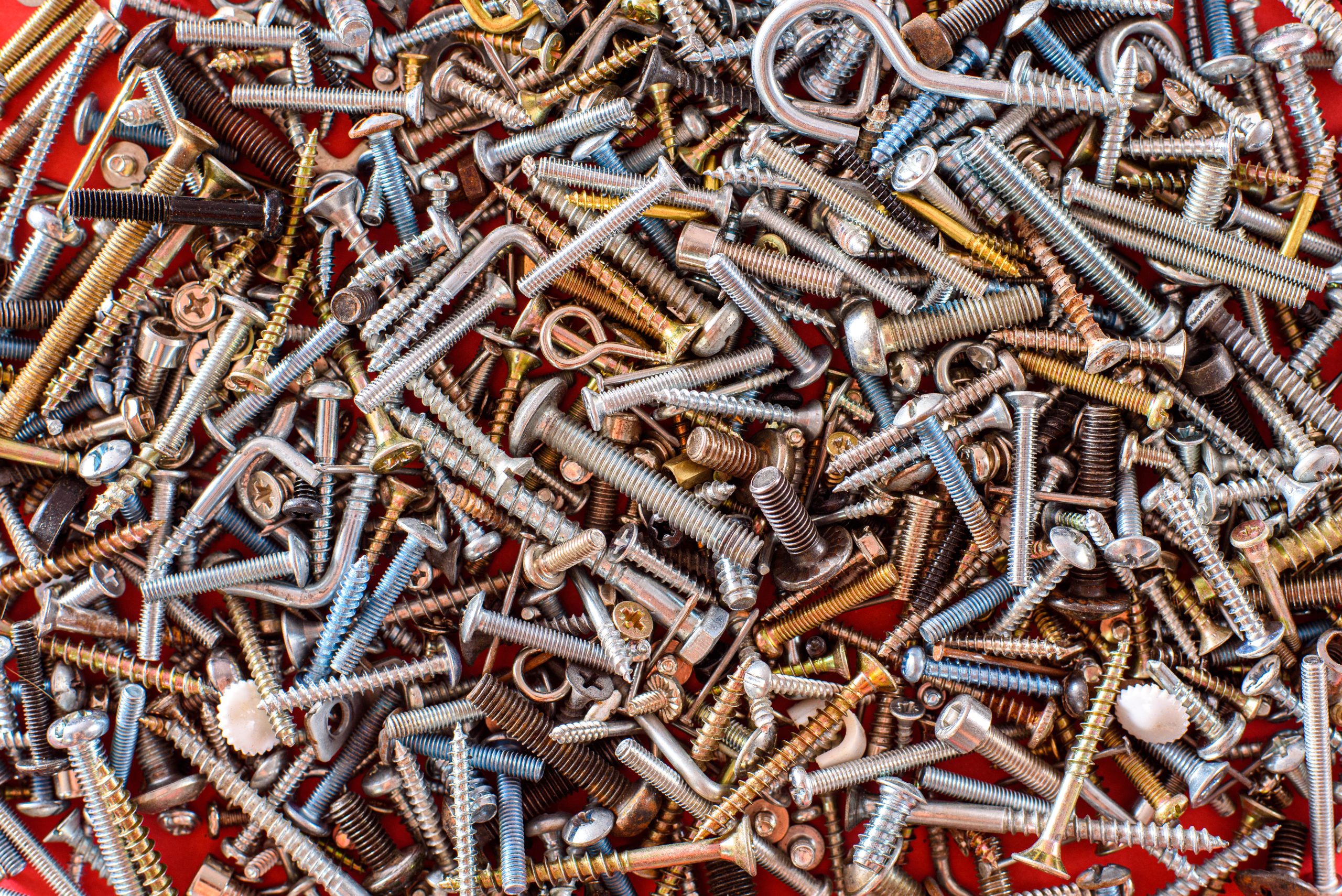
For many industries, corrosion presents a significant challenge. According to the Electrochemical Society, corrosion is extremely dangerous and can threaten human life. For example, when metal components in bridges or roadways corrode, they can collapse. In electronics, corrosion can cause fires. In medicine, corrosion can cause poisoning. Because of the severe and dangerous effects of corrosion, its prevention is extremely important.
When two types of metal are in contact with each other (generally in the presence of water), it can result in galvanic (or bimetallic) corrosion. The issue of bimetallic corrosion is amplified when the metals are considerably different from one another and possess high electrochemical potential. However, the process of coating metals can help to reduce corrosion and protect the underlying metallic components.
To achieve metallic protection, there are many methods that can be used to apply a coating. These methods can be as simple as using a roller or spray or a more complex process known as dip-spin coating. During this coating process, metallic parts are added to a basket that is lowered into the liquid coating material. The excess coating is removed by spinning the parts at a high RPM. Once the excess coating has been removed, the parts are baked to solidify the coating.
Through this process, metal parts are given a durable, protective barrier that reduces the likelihood of corrosion. Now, when two dissimilar metals are fastened together, each part is protected from accelerated corrosion. This is extremely important for fasteners and other parts that may be used in harsh environments or in applications where corrosion-related failures are not an option.
Thankfully, Monroe EFI offers a wide range of coated fasteners so you can rest assured that corrosion will not be an issue. We can work with you to identify what types of coatings are best suited for your specific applications. If you’d like to learn more about our products, get in touch with our knowledgeable and friendly staff today.

